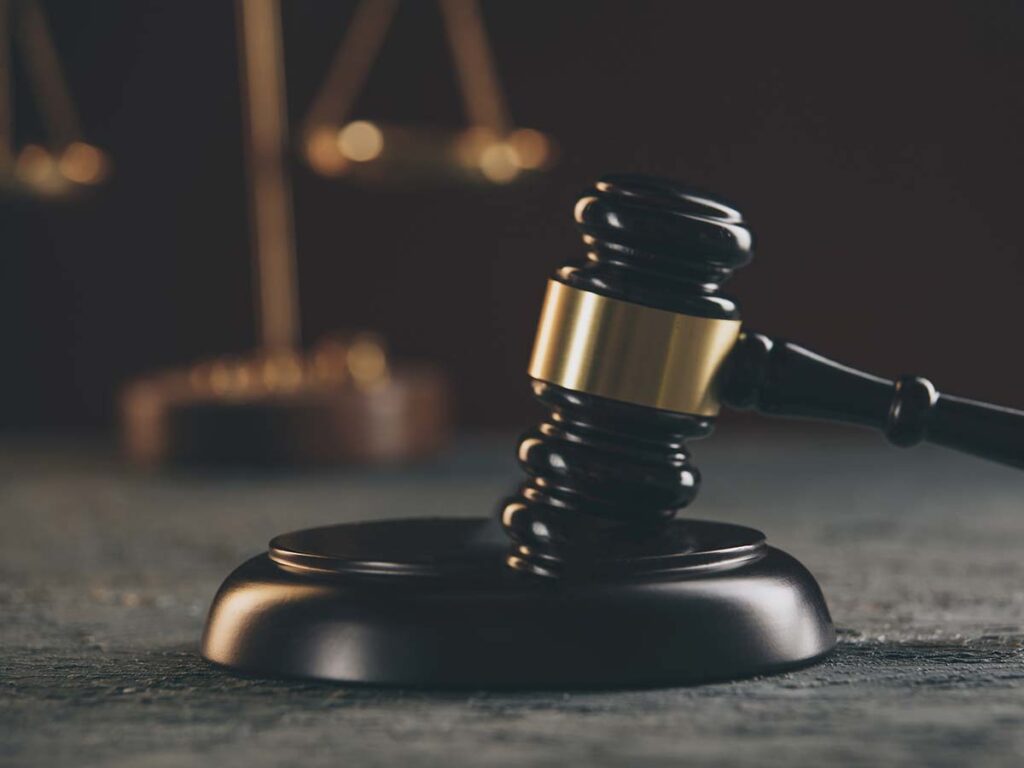New York City Unpaid Wages Lawyer
When New York employers fail to pay employees the full wages they are owed, the impact can be immediate and severe. From bounced paychecks and unpaid overtime to missing final paychecks or illegal deductions, wage theft takes many forms, and it is a growing issue for workers across New York City. Employees deserve to receive full and fair compensation for every hour worked. Fortunately, both state and federal laws offer strong protections, and legal action can help recover unpaid wages and hold employers accountable.
Greenberg Gross LLP is a trusted advocate for workers who are owed wages and facing wage and hour violations. Our employment lawyers have deep experience in recovering unpaid wages, enforcing employment rights, and challenging employers who commit wage theft. If your employer failed to pay you what you are owed under New York law or the Fair Labor Standards Act, our legal team is ready to represent you.

What Counts as Unpaid Wages in New York?
Unpaid wages refer to any earnings that an employee is legally entitled to but did not receive. This includes regular wages, unpaid minimum wage, unpaid overtime, earned wages not paid upon resignation or termination, and final paychecks that were withheld or delayed. Common issues include employers not providing timely payment, taking illegal deductions, or misclassifying workers as independent contractors to avoid paying overtime compensation.
Under the Fair Labor Standards Act and New York labor law, employers must pay employees at least the current minimum wage and compensate for all hours worked. When wage laws are ignored or violated, employees can file an unpaid wage claim to recover their losses. This process may include recovering unpaid wages, liquidated damages, and attorney’s fees.
State and Federal Wage Laws Protecting Employees
New York employees are protected by both the Fair Labor Standards Act and New York Labor Law. These laws set standards for minimum wage, overtime pay, and other critical wage and hour rules. Employers are required to maintain accurate records of hours worked, provide regular pay stubs, and pay employees on time and in full.
New York labor law is often more protective than federal law, especially in cases involving hourly employees, tipped workers, and those in the restaurant, retail, and construction industries. New York employers must comply with strict pay frequency rules and cannot withhold earned wages without legal justification.
The New York State Department of Labor and the federal Department of Labor both oversee compliance and allow employees to report violations. When employers commit wage theft, employees may also pursue civil claims to recover back pay, interest, and penalties.
How Wage Theft Occurs in the Workplace
Wage theft occurs when an employer withholds wages that are legally owed to an employee. This includes refusing to pay overtime pay, failing to meet minimum wage requirements, making illegal deductions from paychecks, or misclassifying employees to avoid tax and wage obligations.
Examples of wage and hour violations include denying rest breaks, not paying for all hours worked, or failing to issue final paychecks. Some employers also commit wage theft by paying workers in cash to avoid taxes, underreporting work hours, or refusing to pay employees who quit without notice.
Greenberg Gross LLP has helped countless clients recover unpaid wages in cases where employers used deceptive payroll practices or simply refused to follow wage and hour laws. If you believe you were not paid fairly, you may have a valid legal claim under both New York law and federal wage regulations.
Filing an Unpaid Wage Claim in New York
Filing an unpaid wage claim begins by documenting the wages you are owed and gathering evidence such as pay stubs, employment agreements, or records of hours worked. Witness statements and proof of a consistent work schedule can strengthen your case. If the employer refuses to resolve the issue, legal representation may be necessary.
Greenberg Gross LLP assists employees with filing complaints through the New York State Department of Labor or federal agencies. In many cases, we also file lawsuits to recover unpaid wages, liquidated damages, and other penalties under New York labor law. Our attorneys understand the complexities of wage and hour violations and provide strategic guidance throughout the legal process.
We represent clients in New York City and across the state, advocating for professional employees, hourly workers, and independent contractors alike. Whether your paycheck bounced or your employer failed to pay for overtime hours, we are here to fight for your financial recovery.

Why Legal Representation Matters in Wage Disputes
Recovering unpaid wages can be challenging without legal support, especially when employers deny wrongdoing or retaliate against workers who speak up. Our employment lawyers know how to represent employees effectively and take legal action when necessary to enforce your rights.
We handle claims involving unpaid overtime, unpaid minimum wage, meal period violations, and all forms of wage theft. Our law firm is committed to fair compensation and timely payment for every employee. With a deep understanding of both federal and New York labor law, our legal team provides powerful advocacy for workers who have been exploited.
Greenberg Gross LLP offers an initial consultation to help determine whether your employer violated wage laws and explain the steps for recovering unpaid wages. We are dedicated to protecting employees and fighting back against wage violations in all industries.
Frequently Asked Questions
What are unpaid wages?
Unpaid wages are any earnings legally owed to an employee that the employer fails to pay. This includes regular wages, unpaid overtime, and final paychecks.
Can I recover unpaid minimum wage or overtime pay?
Yes. Under New York labor law and the Fair Labor Standards Act, employees can recover unpaid minimum wage, overtime pay, and additional damages such as interest and attorney’s fees.
How do I prove my employer failed to pay me?
Evidence such as pay stubs, time records, emails, and witness statements can help prove that wages were owed but not paid. Our attorneys assist in gathering this documentation.
What can I recover in a wage theft claim?
You may be entitled to back pay, liquidated damages equal to your unpaid wages, and legal fees. Courts often award double damages in proven wage theft cases.
What if I was misclassified as an independent contractor?
Misclassification is a common tactic used to avoid paying overtime or minimum wage. If you were treated like an employee but classified as a contractor, you may still be eligible to file a wage claim.
